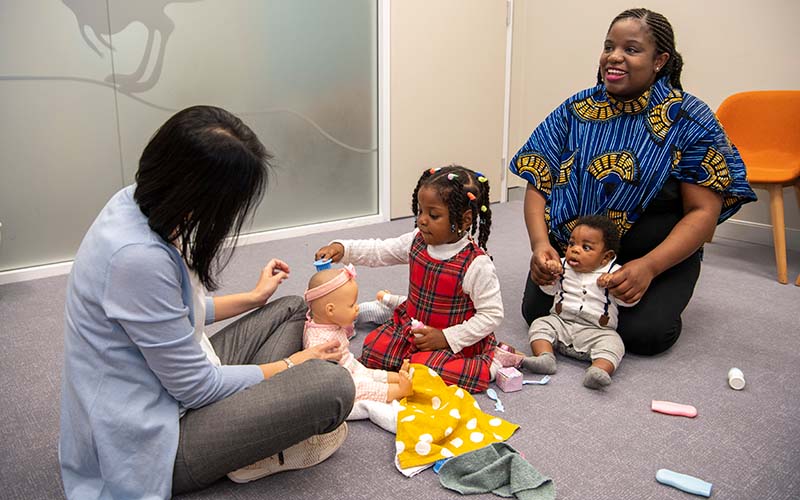Search
Research
Inner speech impairment in children with autism is associated with greater nonverbal than verbal skillsWe present a new analysis of Whitehouse, Maybery, and Durkin's (2006, Experiment 3) data on inner speech in children with autism (CWA).
Research
Friendship, loneliness and depression in adolescents with Asperger's SyndromeThis study investigated the relation between friendship, loneliness and depressive symptoms in adolescents with Asperger's Syndrome (AS).
Research
The broader language phenotype of Autism: A comparison with Specific Language ImpairmentSome individuals with autism spectrum disorders (ASD) experience linguistic difficulties similar to those found in individuals with specific language...
Research
Inner speech impairments in autismThree experiments investigated the role of inner speech deficit in cognitive performances of children with autism.

The Kids' autism research takes place at CliniKids, a centre that integrates world-class research with a clinical service for children with developmental delay and/or autism and their families.
Research
Early biomarkers predictive of autismThis study aims to investigate the cellular and molecular profiles of the immune system in infants at high/low risk for Autism, as determined through clinical assessment.



People
Andrew WhitehouseDeputy Director (Research); Angela Wright Bennett Professor of Autism Research at The Kids Research Institute Australia; Director, CliniKids
